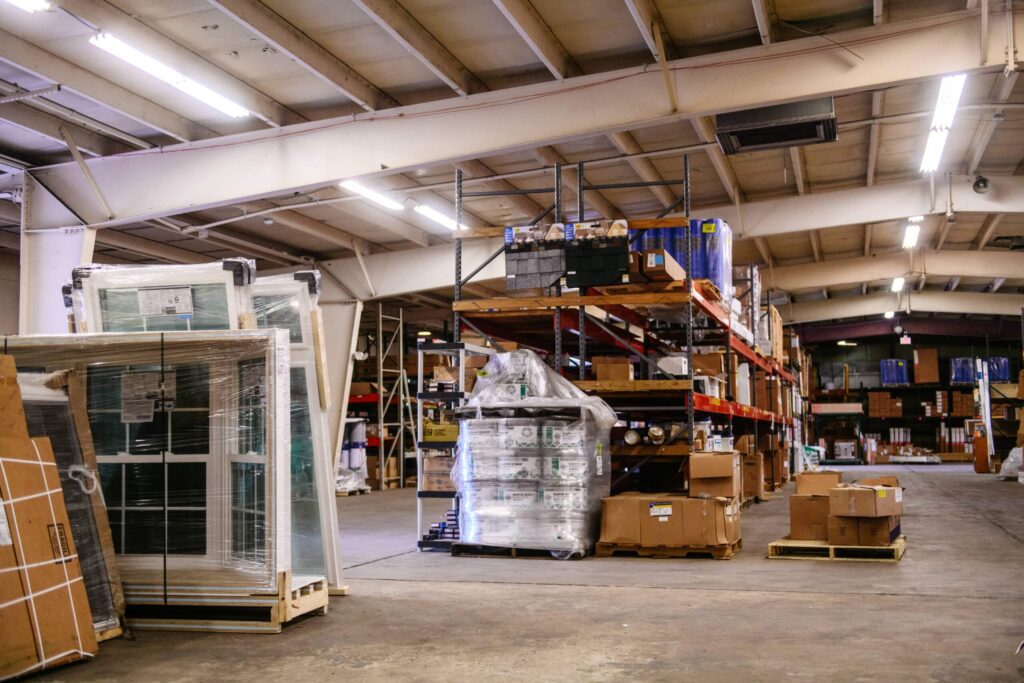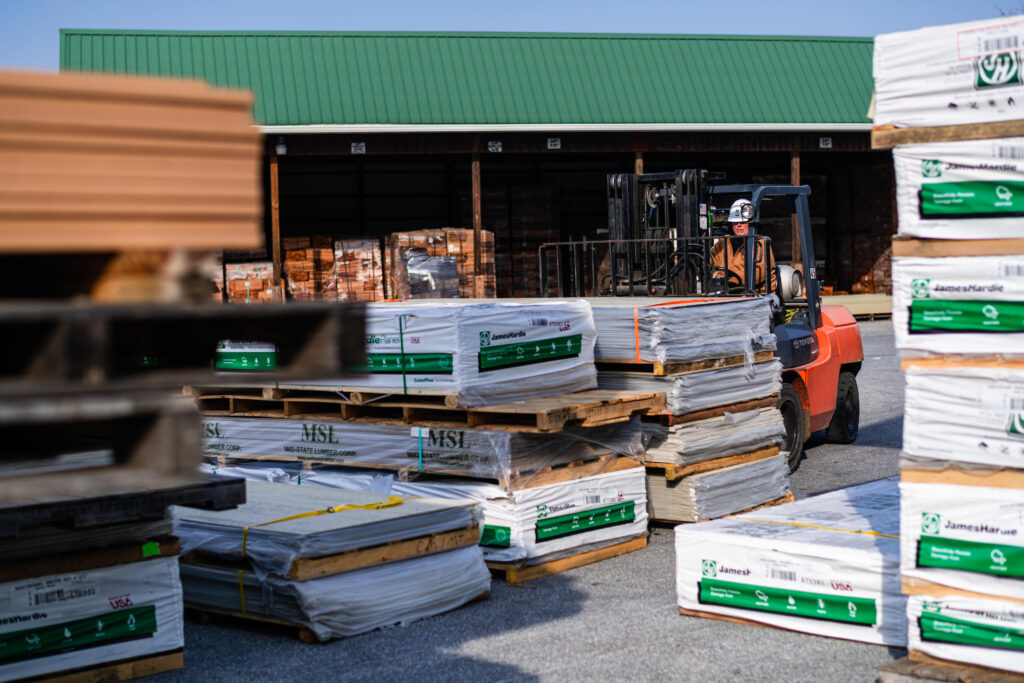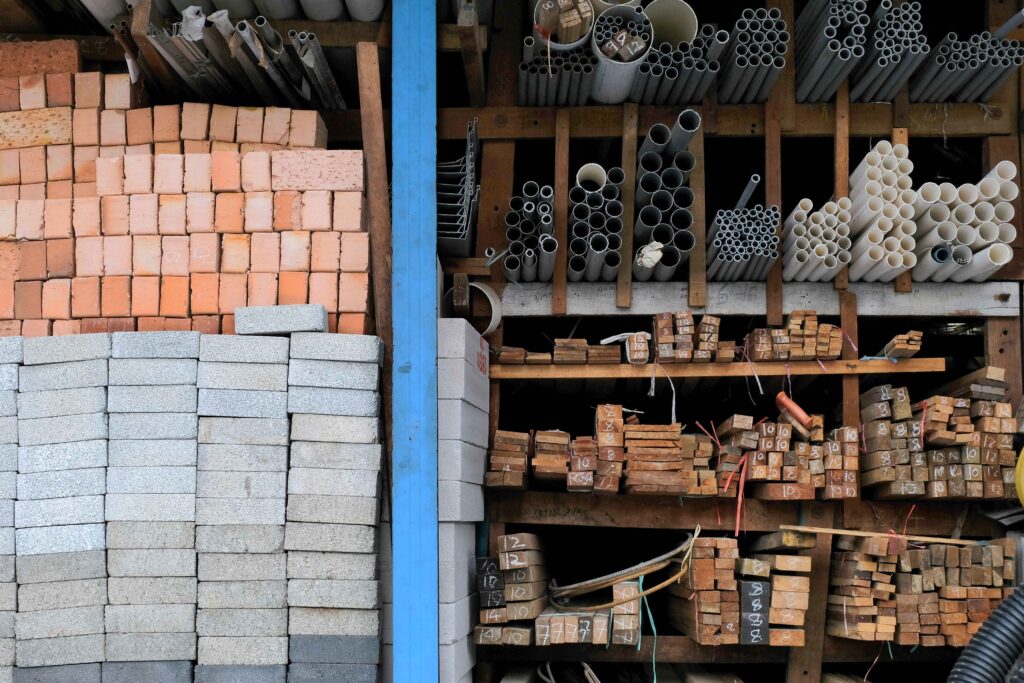The Ultimate Guide to Responsible Leftover Building Materials Disposal

- Written by: jlbmdev

When you start working on a project, getting the right amount of materials is key to saving money and reducing waste. But things don’t always go to plan, and sometimes you’re left with extras. How can you prioritize minimizing waste in construction projects?
Addressing leftover building materials disposal responsibly is a growing concern for modern construction firms. Around 30% of all building materials on a construction site can end up as waste. A growing emphasis is placed on avoiding excess materials in construction and finding alternate ways to plan your projects.

Many construction professionals keep extra materials, such as lumber, drywall remnants, and partially used paints, to use in future projects. This practice offers a cost-effective approach to resource management, reducing the need for new material procurement.
By strategically repurposing leftover materials in home projects, contractors can lower expenses in future jobs and address minor project modifications efficiently. Furthermore, this method reduces overall material waste, which aligns with the industry practice of avoiding excess materials in construction.
Some building material suppliers offer contractors the option to return unused products for a refund or store credit, depending on their specific return policies. This helps manage material overages, allowing contractors to get refunds on surplus items.
By returning excess materials, construction professionals can make the most of their project budgets and minimize financial losses caused by inaccurate estimations or project changes. This flexibility promotes responsible material management within the construction industry.
If you miss the window to return extra materials, you may choose to donate surplus building materials to organizations dedicated to supporting housing initiatives, such as Habitat for Humanity’s ReStore. Habitat ReStores will either use these materials for their own building projects or will sell them in their store locations.
Additionally, local educational institutions, including schools and colleges, often welcome donations of surplus building materials for their art or shop classrooms. This practice is mutually beneficial, offering contractors a responsible outlet for material disposal while helping develop practical skills among students, potentially fostering future interest in construction-related trades.
With these charitable contributions, contractors can help build positive community relations and demonstrate a commitment to green building practices in the construction industry.
If materials cannot be reused or returned, contractors may dispose of them responsibly, following local regulations regarding waste disposal and recycling construction materials.
Many construction materials can be recycled, including metal, glass, and concrete. You can contact your local recycling center to see what construction materials they accept and if you need to do anything special, like break glass or concrete into smaller pieces.
Some construction materials, such as paint, solvents, and other chemicals, are considered hazardous and can’t be disposed of like other materials. For those, you’ll need to contact the local waste authorities and review the guidelines and laws for disposing of them.
Another option is to leave a small amount of materials, like a quart of the exact paint color, a few spare roofing shingles, or extra decking boards, with homeowners. This allows them to make simple repairs and touch-ups to help with routine maintenance.

Go-To Building Materials Supplier in Avondale, PA
Even though there are several ways to dispose of leftover building materials, the goal should be not to over-order them in the first place. Here are some easy tips to help you avoid that.
For a smooth project, it’s essential to develop a thoroughly thought-out plan, which includes exact material measurements and a realistic estimate of potential waste. Taking accurate and proper building material measurements from the beginning, while factoring in mistakes or issues, will help you accurately order the exact amount needed. This can help you keep your project on or even under budget.
Maintaining an accurate inventory of existing materials is essential for efficient project management. This helps prevent redundant purchases and allows you to use your available backstock. This can be a simple, consistently updated spreadsheet.
Furthermore, proper material storage is crucial. While holding extra materials can offer potential cost savings and project flexibility, inadequate storage can damage these materials. For instance, storing wood decking in damp conditions can lead to warping, rendering it unusable. Therefore, careful inventory tracking and appropriate storage practices are vital for maximizing resource usage and minimizing material waste.
Maintaining a good relationship with your suppliers can be a huge asset for your projects. These relationships offer valuable insights regarding product selection, quantity recommendations, and manufacturer return policies. Maintaining a diverse supplier network provides the flexibility to adapt orders in response to potential shortages or price variations.
Also, keeping your order changes to a minimum is key since changes can lead to logistical problems, increased costs, and time delays. Fostering good supplier communication and order stability are key factors in helping your project be as stress-free as possible.

While responsible leftover building material disposal is crucial, the most effective strategy lies in proactive planning and resource management. With careful planning, accurate inventory, and strong supplier relationships, contractors can minimize material waste and keep a lower budget.
However, when surplus materials inevitably arise, options like storage for future use, supplier returns, donations, responsible recycling, and sales offer viable alternatives to just throwing them in a dumpster. Using these practices not only promotes sustainable building material use and cost-efficiency but also contributes to a more streamlined and responsible construction industry.
If you’re looking for advice on proper leftover building material disposal, don’t worry. Our team is here to help you find the right solution.